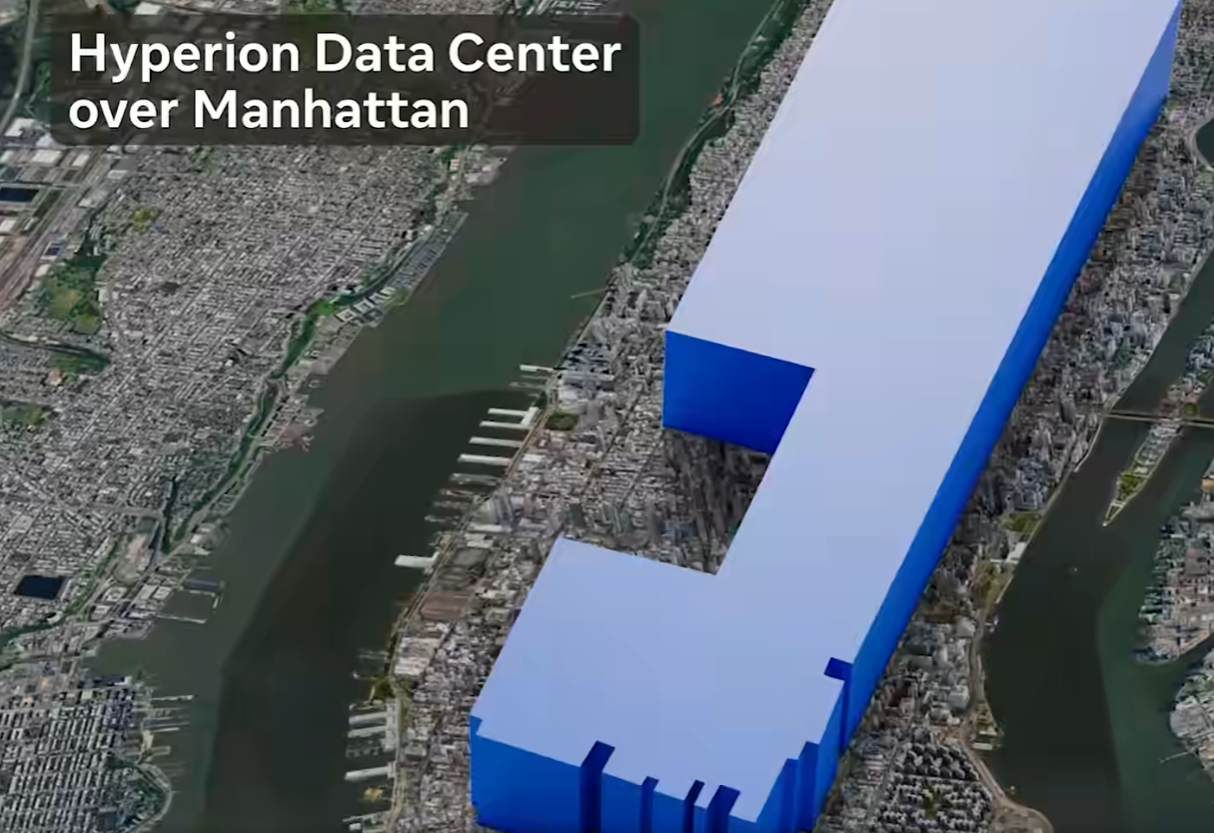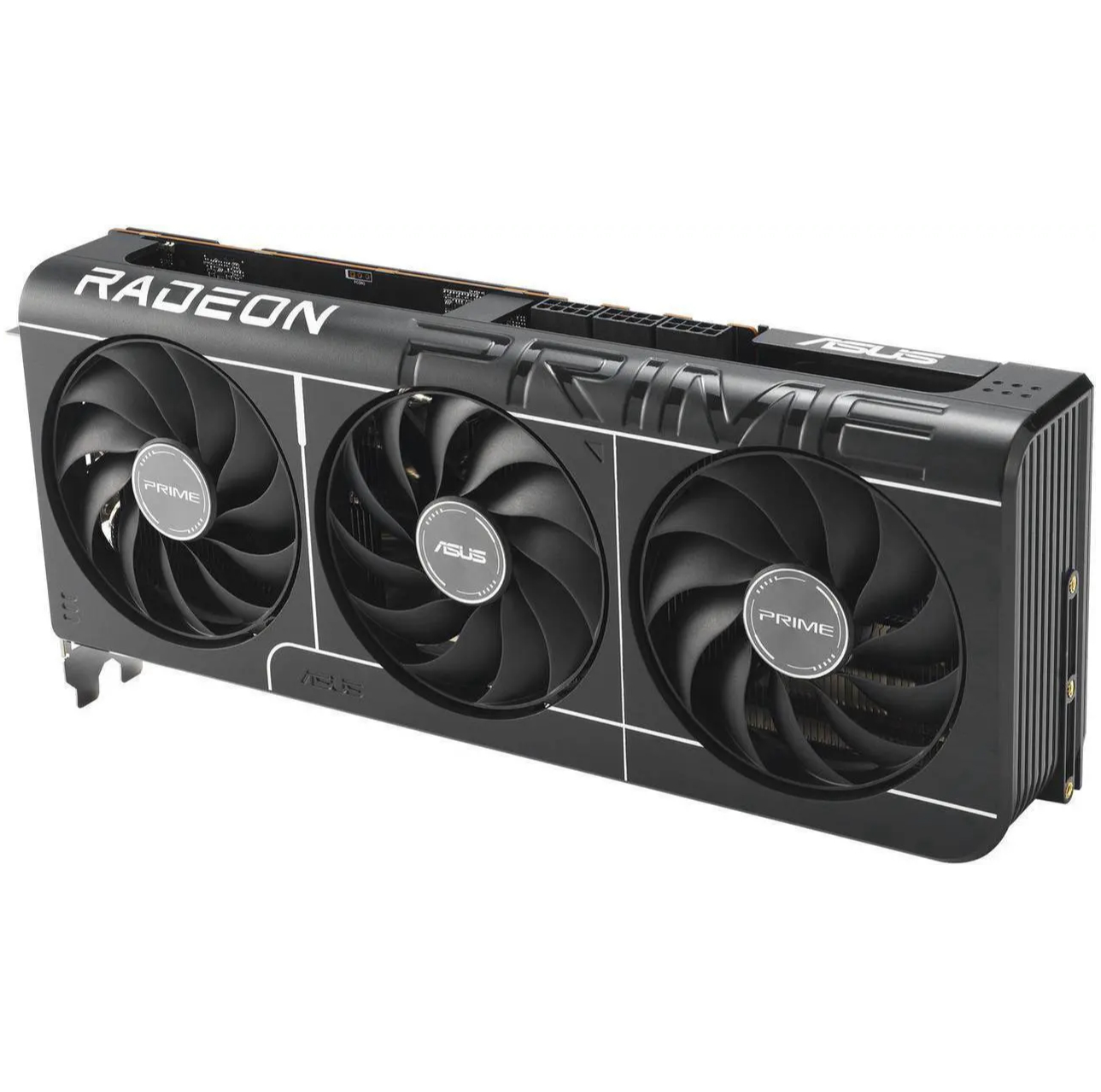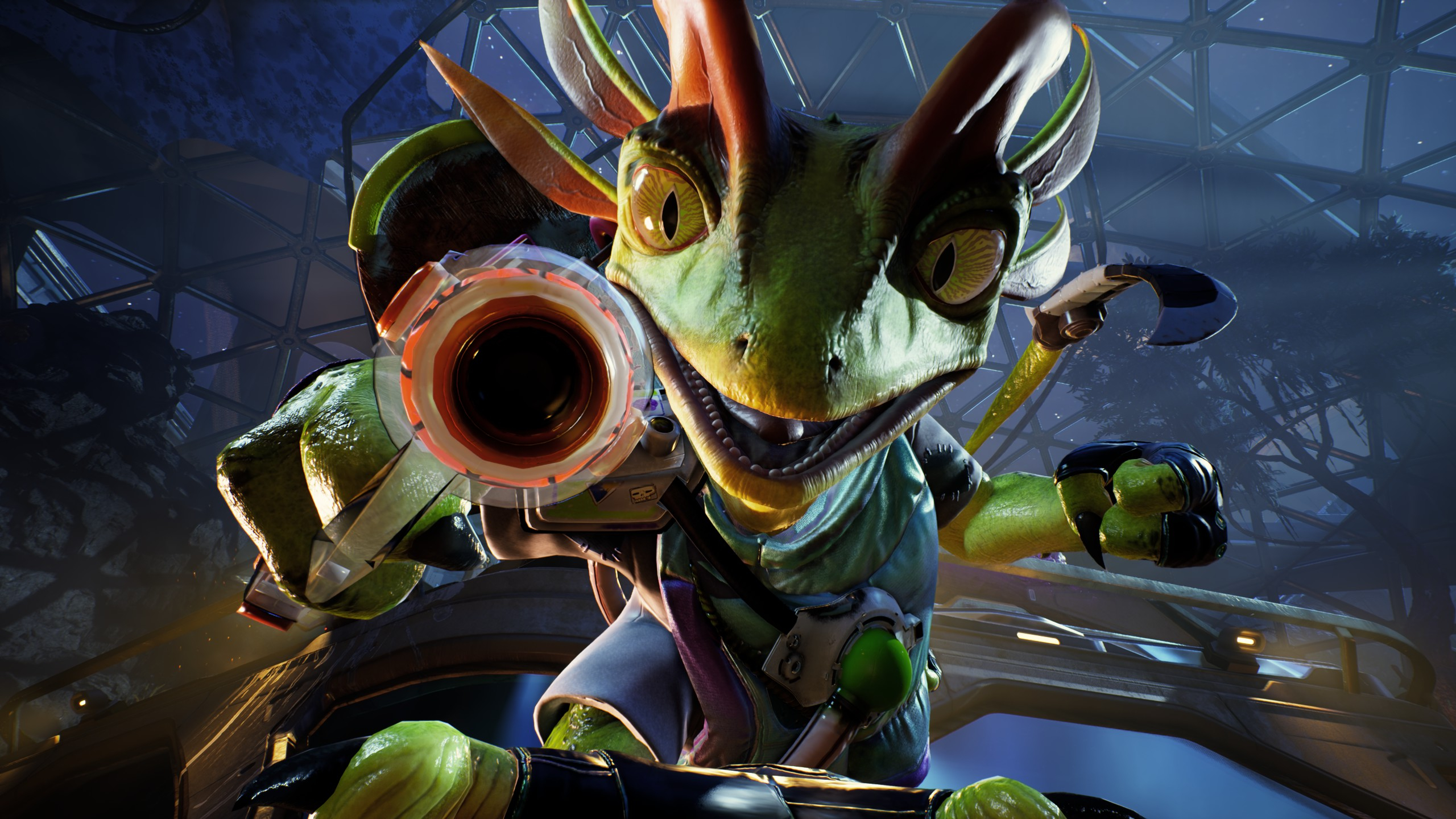'Someone is going to lose a phenomenal amount of money' says OpenAI CEO Sam Altman about unwise AI investment. 'When bubbles happen, smart people get overexcited about a kernel of truth'
Not OpenAI investors, though. Obviously.

Keep up to date with the most important stories and the best deals, as picked by the PC Gamer team.
You are now subscribed
Your newsletter sign-up was successful
Want to add more newsletters?

Every Friday
GamesRadar+
Your weekly update on everything you could ever want to know about the games you already love, games we know you're going to love in the near future, and tales from the communities that surround them.

Every Thursday
GTA 6 O'clock
Our special GTA 6 newsletter, with breaking news, insider info, and rumor analysis from the award-winning GTA 6 O'clock experts.

Every Friday
Knowledge
From the creators of Edge: A weekly videogame industry newsletter with analysis from expert writers, guidance from professionals, and insight into what's on the horizon.

Every Thursday
The Setup
Hardware nerds unite, sign up to our free tech newsletter for a weekly digest of the hottest new tech, the latest gadgets on the test bench, and much more.

Every Wednesday
Switch 2 Spotlight
Sign up to our new Switch 2 newsletter, where we bring you the latest talking points on Nintendo's new console each week, bring you up to date on the news, and recommend what games to play.

Every Saturday
The Watchlist
Subscribe for a weekly digest of the movie and TV news that matters, direct to your inbox. From first-look trailers, interviews, reviews and explainers, we've got you covered.

Once a month
SFX
Get sneak previews, exclusive competitions and details of special events each month!
OpenAI CEO Sam Altman spoke to assembled reporters at a dinner in San Francisco late last week on the topic of, you guessed it, AI, the applications of AI, and the vast sums of money moving behind the scenes to fund it. Despite being one of the most vocal advocates of the tech, Altman had some words of caution for investors jumping on the artificial intelligence train.
According to The Verge, Altman said it was "insane" that AI startups consisting of "three people and an idea" are receiving huge amounts of funding off the back of incredibly high company valuations, describing it as "not rational behaviour."
"Someone is going to lose a phenomenal amount of money. We don’t know who, and a lot of people are going to make a phenomenal amount of money,” said Altman.
"When bubbles happen, smart people get overexcited about a kernel of truth. If you look at most of the bubbles in history, like the tech bubble, there was a real thing." said Altman, referencing the infamous dot-com bubble of the late 1990s. "Tech was really important. The internet was a really big deal. People got overexcited."
That being said, Altman stopped short of calling investment in AI overall a bad idea for the economy in general: “My personal belief, although I may turn out to be wrong, is that, on the whole, this would be a huge net win."
At the same dinner, Altman confirmed that OpenAI would still be spending vast amounts of money (partially provided, presumably, by the likes of Softbank and the Dragoneer Investment Group in OpenAI's latest $8.3 billion funding round) to keep the company at the top of the AI financial leaderbooks.
"You should expect OpenAI to spend trillions of dollars on data center construction in the not very distant future," Altman said. "You should expect a bunch of economists to wring their hands."
Keep up to date with the most important stories and the best deals, as picked by the PC Gamer team.
Well, it certainly appears to cost a whole lot of moolah just to keep the good ship OpenAI afloat. The company has raised staggering sums of cash over the past decade to develop and run its various AI implementations, the most famous of which being ChatGPT. Reports last year indicated that OpenAI had spent $8.5 billion on LLM training and staffing for its generative AI efforts, while other analysts have predicted it costs $700,000 a day to run ChatGPT alone.
The Information recently projected that OpenAI would be burning through $20 billion in cash flow by 2027, with the company said to be hopeful that investors like Softbank would stump up another $30 to $40 billion to continue funding its operations.

Still, those spending figures don't appear to be in the trillions yet, although that estimated sum is perhaps of little surprise to those of us that keep an eye on AI data center expansion.
Given that Altman's rival, Elon Musk, has been booting up and expanding xAI's Colossus supercomputer with incredible speed, and with the news that Meta is expanding its data center operations at such a rate it's currently having to house a significant portion of its racks in nearby tents, OpenAI will feel the need to keep up—and to do that it needs to spend (and raise) huge amounts of cash over the next few years.
One would assume that Altman is confident enough in his company's efforts to place its investors on the "going to make phenomenal sums of money" side of things, but his comments should perhaps serve as a warning to those looking to jump in with both feet without correctly judging the landing. Someone has to lose in the great AI race, I suppose. And as to which companies survive, and which come to a sticky end? That remains very much an open question for now.

1. Best overall: AMD Radeon RX 9070
2. Best value: AMD Radeon RX 9060 XT 16 GB
3. Best budget: Intel Arc B570
4. Best mid-range: Nvidia GeForce RTX 5070 Ti
5. Best high-end: Nvidia GeForce RTX 5090

Andy built his first gaming PC at the tender age of 12, when IDE cables were a thing and high resolution wasn't—and he hasn't stopped since. Now working as a hardware writer for PC Gamer, Andy spends his time jumping around the world attending product launches and trade shows, all the while reviewing every bit of PC gaming hardware he can get his hands on. You name it, if it's interesting hardware he'll write words about it, with opinions and everything.
You must confirm your public display name before commenting
Please logout and then login again, you will then be prompted to enter your display name.

